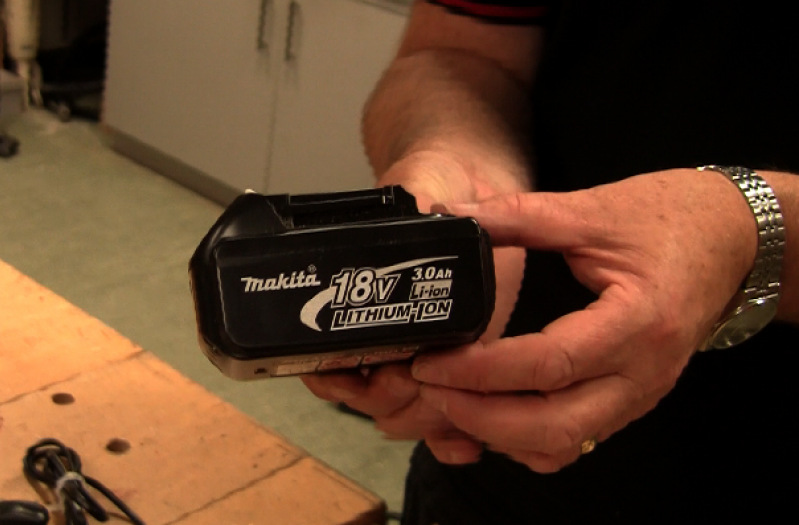
Does it take a long time for you to charge your phone? Do you get frustrated that your device's battery life barely last until the afternoon? Worry no more as scientists from the University of Central Florida (UCF) have built a supercapacitor battery prototype. Further development of this project will result in phones that can be charged in a few seconds and can last for at least a week.
The research published in the academic journal ACS Nano mentioned that these high-capacity and ultra-fast-charging batteries could actually last over 20 times longer than a conventional lithium-ion cell. It should be noted that a lot of devices that people use today use lithium-ion batteries. Nitin Choudhary, one of the researchers and a UCF postdoctoral associate, said that you don't have to be concerned on not charging your phone for days. Furthermore, these supercapacitors "works like new even after being recharged 30,000 times", according to the UCF website.
This innovation is not only for the smartphone or other devices to benefit from. The automotive industry will also find this as an advantage. Particularly, electric cars will be powered by these long-lasting batteries. According to Engadget, supercapacitors "store electricity statically on the surface of a material". This is the reason why it does not take long for supercapacitors to be charged.
Normally, in order to achieve that, "two-dimensional material sheets with large surface areas" are needed. Otherwise, a small surface will not be able to hold that much of electrons. Apparently, such supercapacitor that is able to hold a lot of energy has to be really large. In fact, it's going to take a lot more space of your phone since than your lithium-ion battery.
The researchers try to address that problem by using different two-dimensional materials that include formulations of graphene. The study's principal investigator Yeonwoong Jung explained that the solution was "a simple chemical synthesis approach". This let the researchers "very nicely integrate the existing materials with the two-dimensional materials". If your phone is using these supercapacitors, it will be charged in no time.
Since this is still being studied, don't expect to enjoy this privilege yet. Eventually, it will be available for phone manufacturers. You need to wait until then. By the sound of it, this new battery technology is definitely promising. However, it remains to be seen if it lives up to what Choudhary described as something that will surpass the ones that are being used today. Just imagine, your portable devices lasting for over a week without charge. Not to mention waiting for minutes before it is fully-charged again.






